
For more than eight months during World War II, London was the target of relentless air raids by German bombers. The bombing, named the “London Blitz” after the German word for “lightning”, was intended to crush the morale of Londoners and force the army to withdraw. You seriously underestimated your power. They took swift and effective action to protect the children and keep them safe during the destruction.
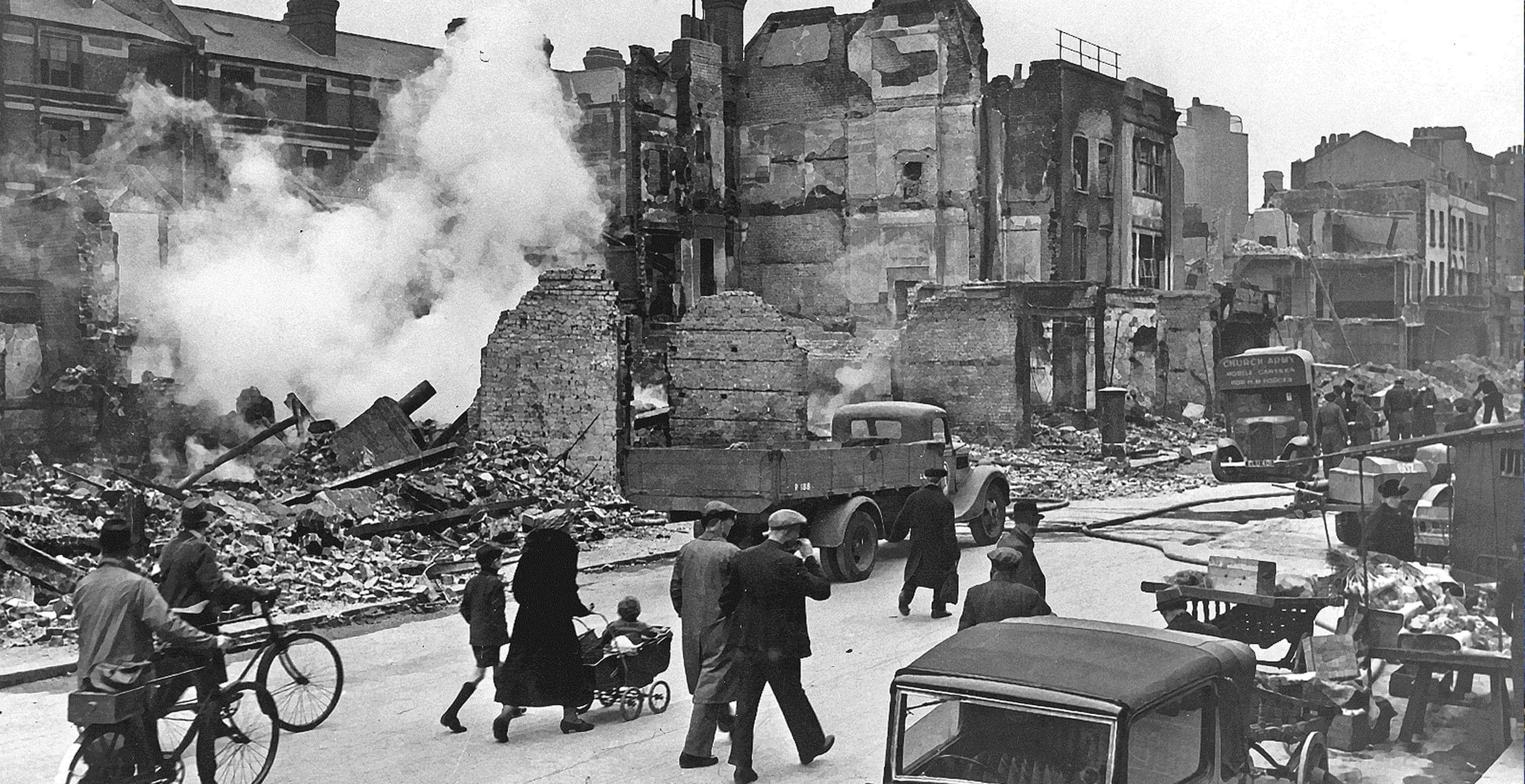
London and subsequent raids
London was a prime target for German bombers, but it was not the only area of Britain bombed by German forces. Towns and cities along the English coast (Cardiff, Bristol, Plymouth, Portsmouth, etc.) were also hit. The northernmost industrial cities with munitions factories (Manchester, Coventry, Birmingham, etc.) also fell victim to air raids.
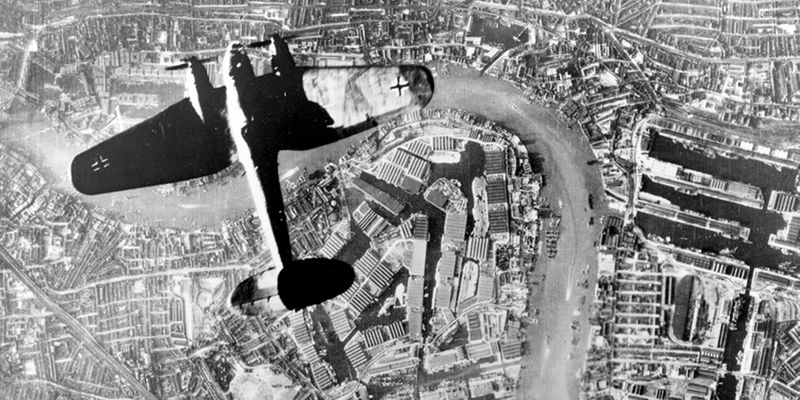
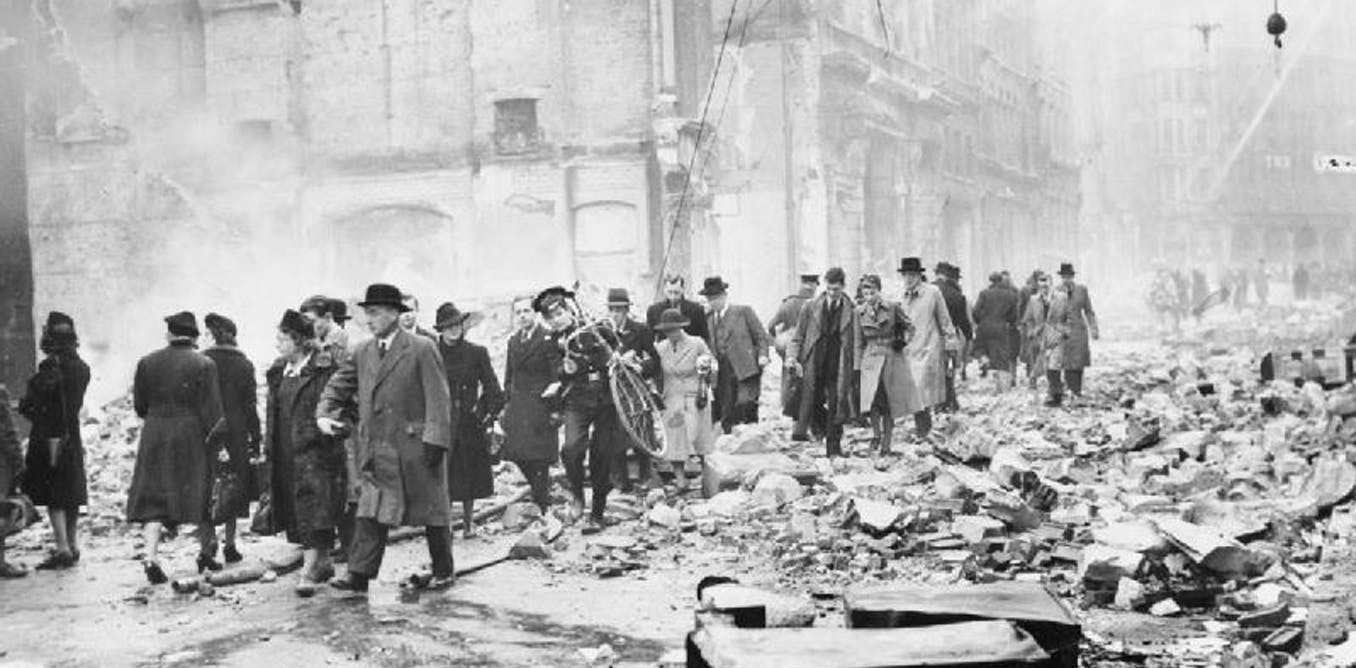
Death and Destruction
Between 7 September 1940 and 11 May 1941, lightning strikes killed an estimated 40,000 British civilians, half of them in London. bottom. Over one million homes were destroyed or severely damaged, and roads, bridges and railways were left in ruins.
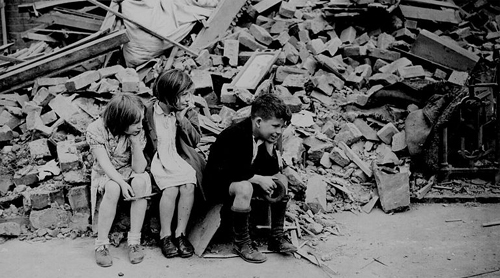
The British were ready
German air raids were not expected, but the British were ready. Its early warning radar system, the most advanced of its kind in the world, warned the military of approaching German bombers in good time, giving the population time to seek refuge. The Royal Air Force also had two fighter models of his, the Spitfire and Hurricane, which outperformed German bombers. With this firepower they shot down several incoming bombers.
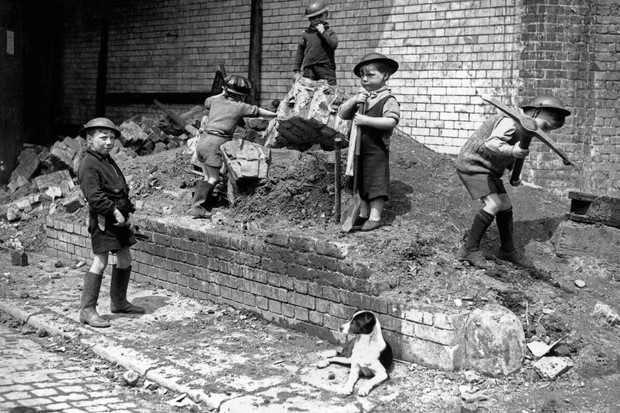
Evacuation Order
After observing air raids on the town of Guernica during the Spanish Civil War, the British government had already drawn up evacuation plans in case of an attack on London. When the bombing began, the British government evacuated an estimated 1.5 million civilians, mostly children, from target cities such as London and Portsmouth to the relative safety of small rural villages.
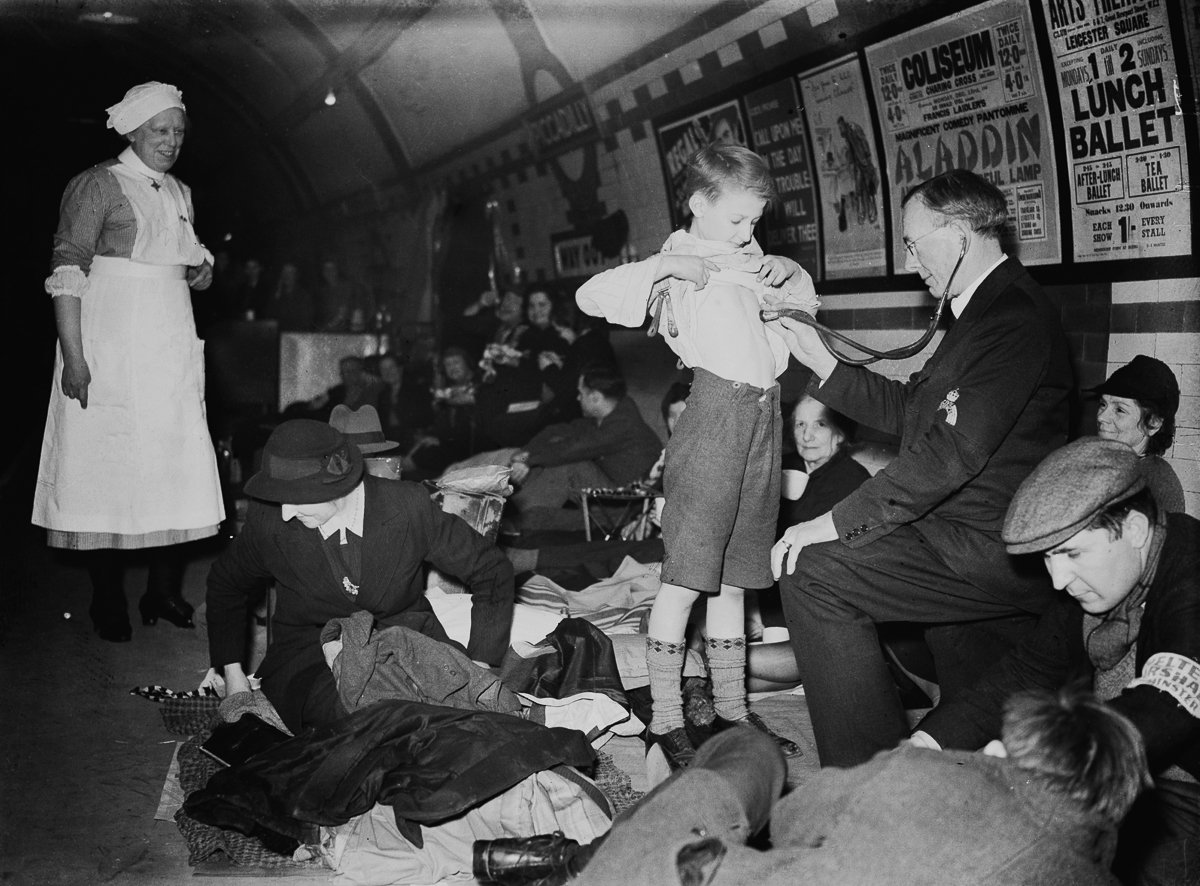
Bunkers
The Bunkers Department has overseen the construction of over two million bunkers using corrugated steel rebar. These shelters provided some protection from German bombardment, but they were cramped, cold, damp, and lacked the comforts to which the inhabitants had grown accustomed.
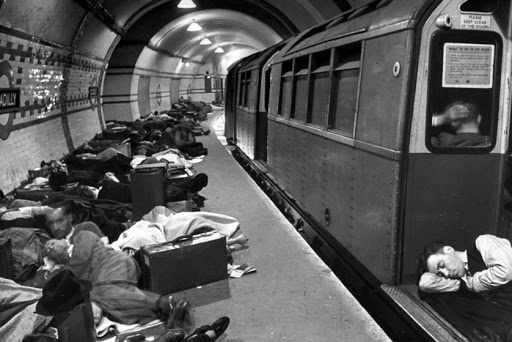
Underground Safety
In general, it was safer to be underground when the bomb fell. Those lucky enough to have cellars (a rarity in London) were able to hide there, while others were forced to go to public areas such as tunnels or underground stations. Attacks are usually short-lived, allowing residents to quickly leave and return to normal activities. However, families displaced by attacks often used underground shelters as temporary shelters.
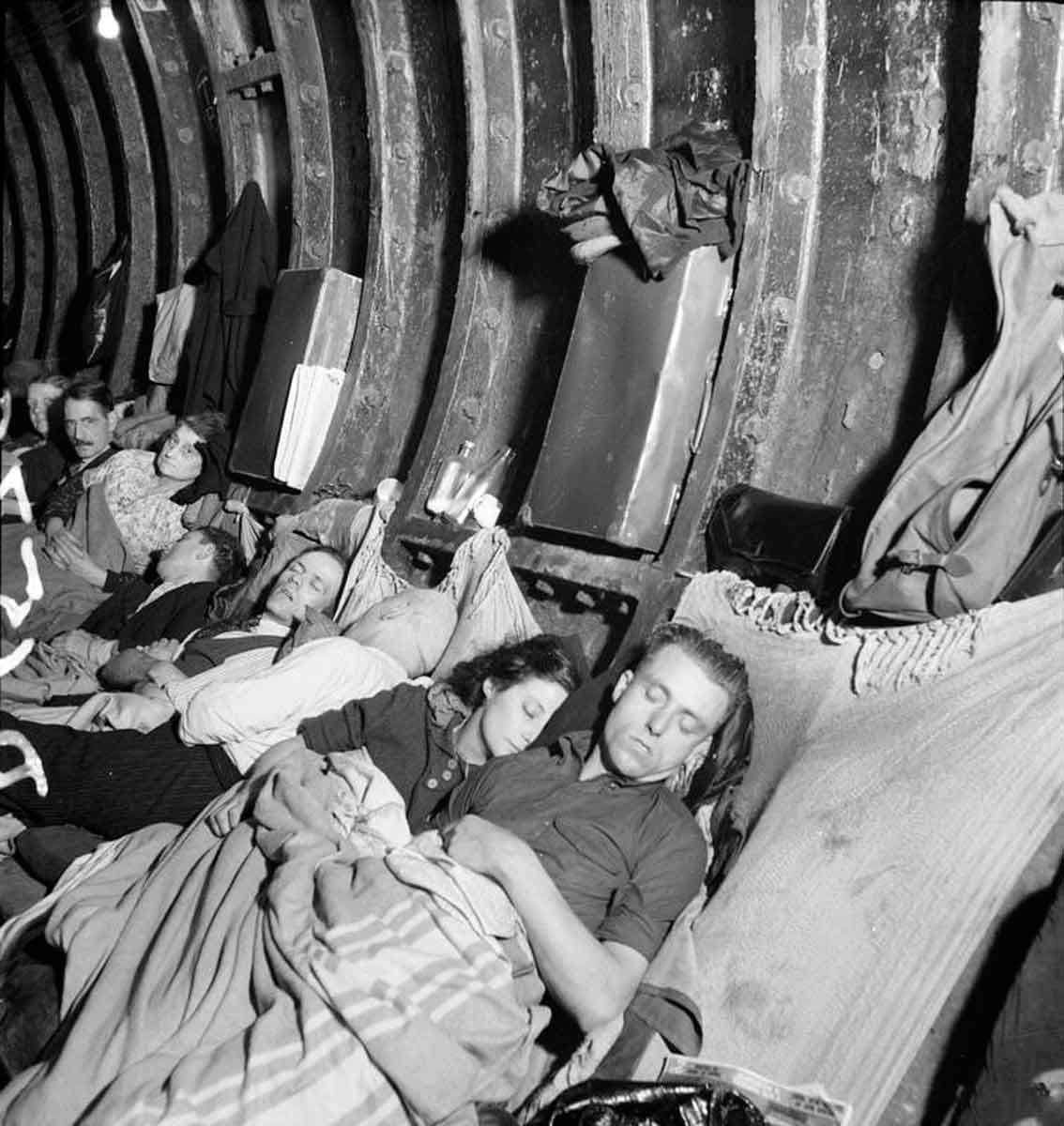
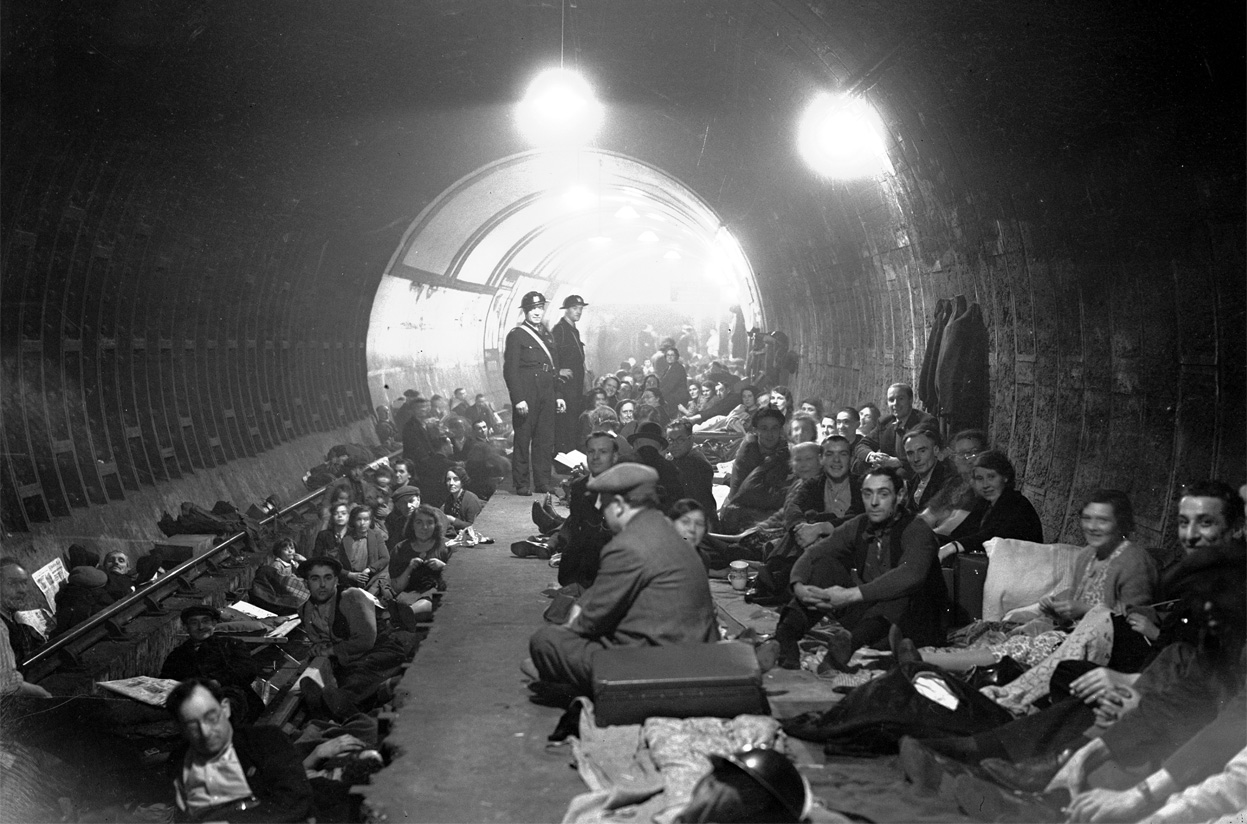
Common Shelters
Authorities initially discouraged citizens from hiding on the London Underground, saying they didn’t want crowds to block trains, but soon relented. About 150,000 people slept on the London Underground every night. In response to public demand, the authorities agreed to expand the metro to accommodate an additional 80,000 people, but by the time construction was completed the air raids had ended.
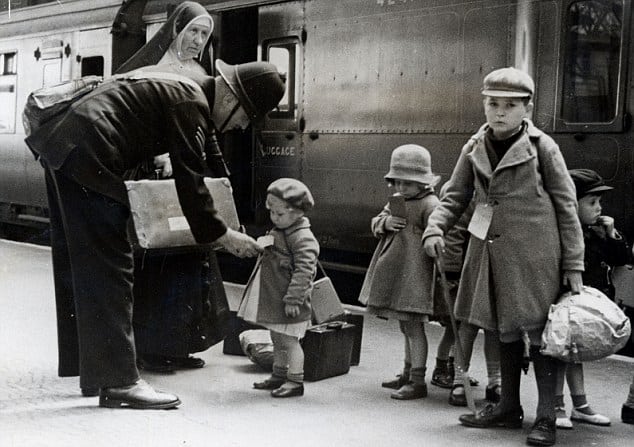
Operation Pied Piper
To protect the children of London from air raids, the British launched Operation Pied Piper. Teachers across the country have been tasked with escorting millions of children who have been separated from their parents and are hiding in the English countryside from urban centres. Young people carried papers with information they needed to reunite with their families after the war, chained around their necks like dog tags.
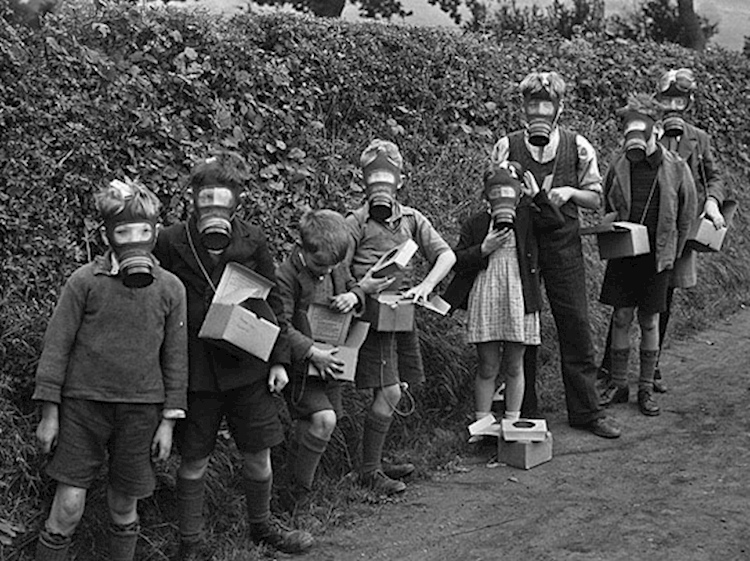
Gas Masks: The New Normal
Fear of German bombers dropping chemical weapons on London and other British cities during air raids, as was alarmingly often during World War I. , the British government distributed gas masks to all citizens. The rubber masks were stuffy, heavy, smelly and difficult to breathe, but the British public had little choice but to comply. The insidious nature of a gas like mustard gas can go unnoticed for up to 12 hours before it takes effect, so authorities have paid fines to mandate the use of gas masks in all public places.
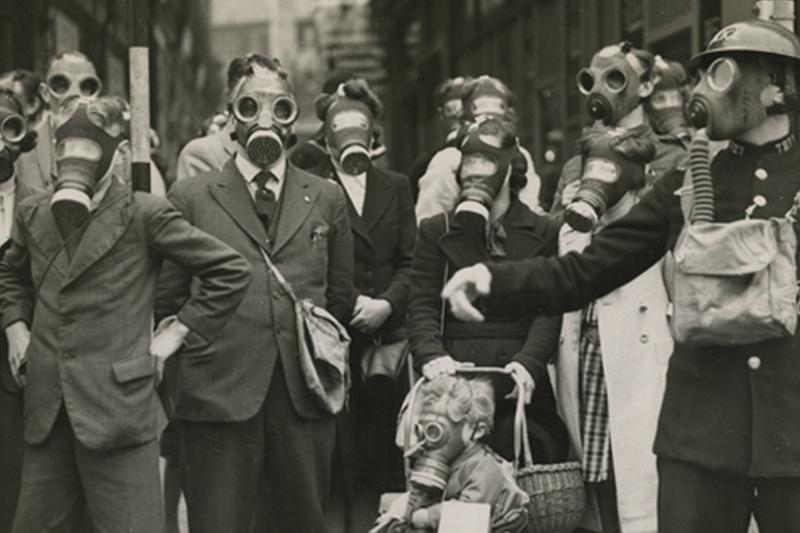
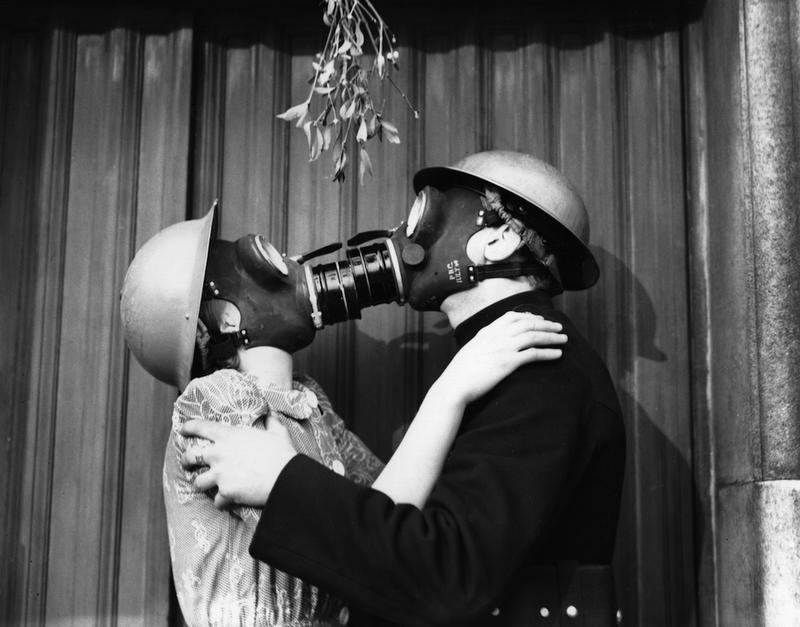
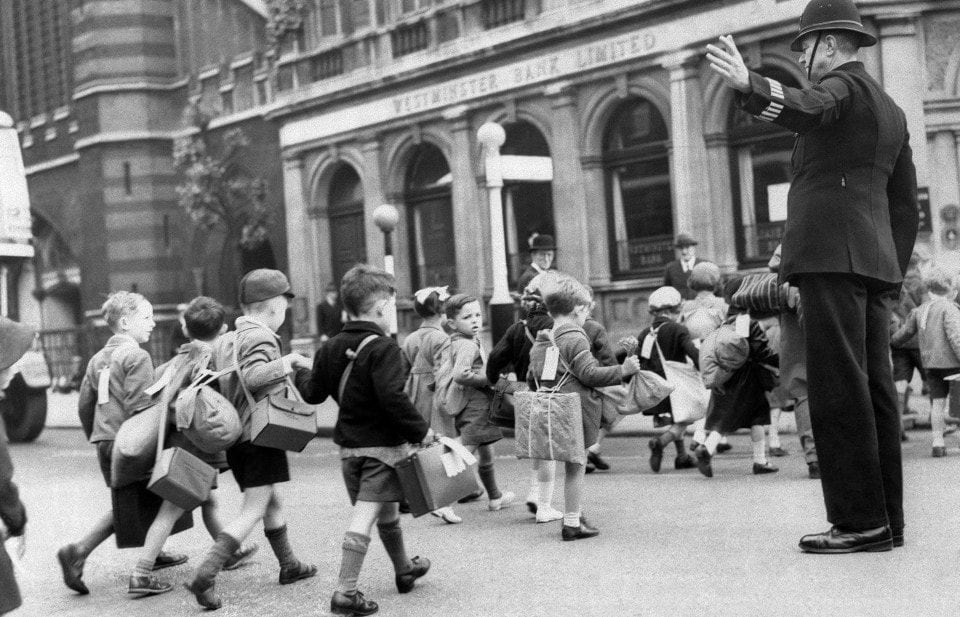
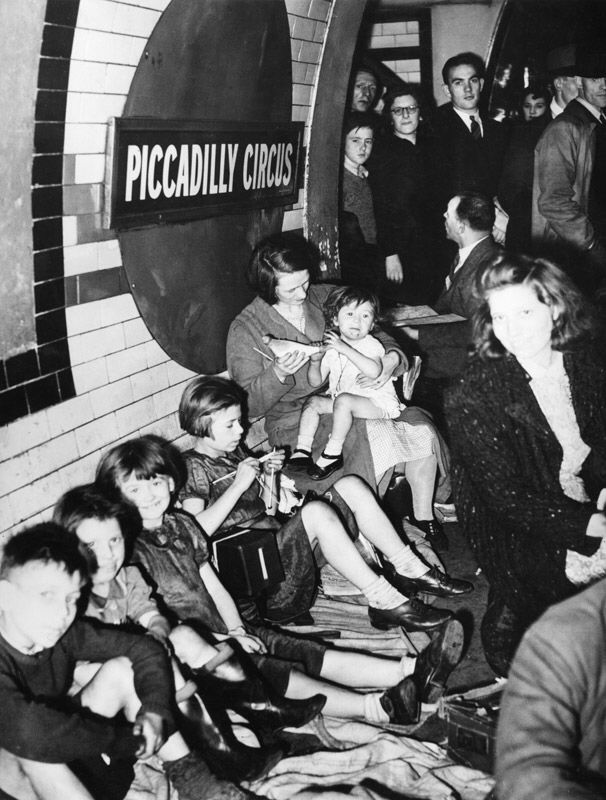
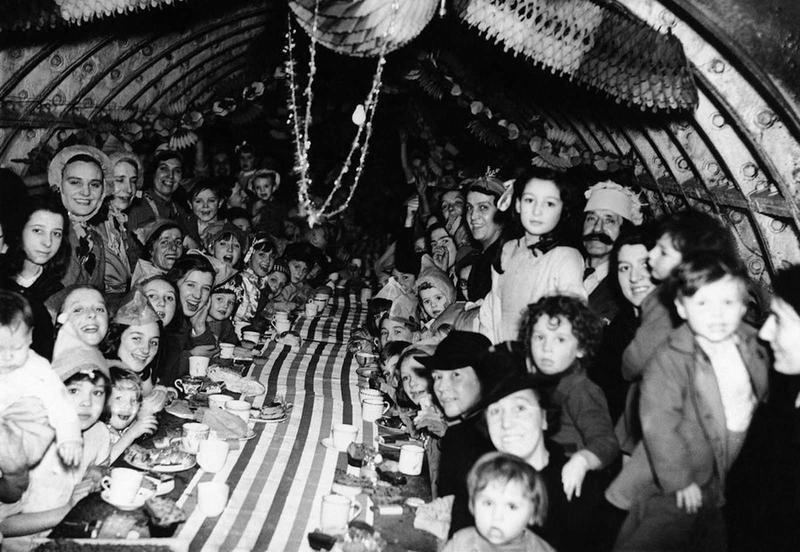
Spirit and Strength
By most views, the London air raids were not as devastating as the British had hoped. In fact, the operation is considered a German failure. For sane Brits, the flash was inconvenient, but they lived by happily calling certain days “pretty flashy.” The atmosphere in local bunkers was often bright and cheery, and suicide and drinking rates actually declined during the raids. The British people came together and survived the air raids with extraordinary courage, patriotism and camaraderie.